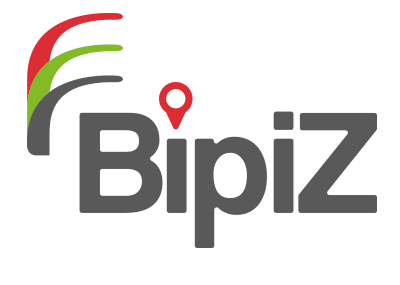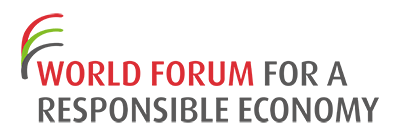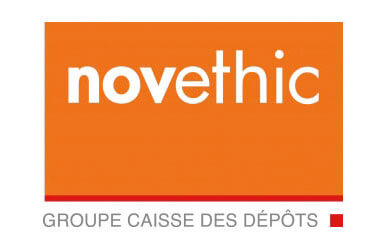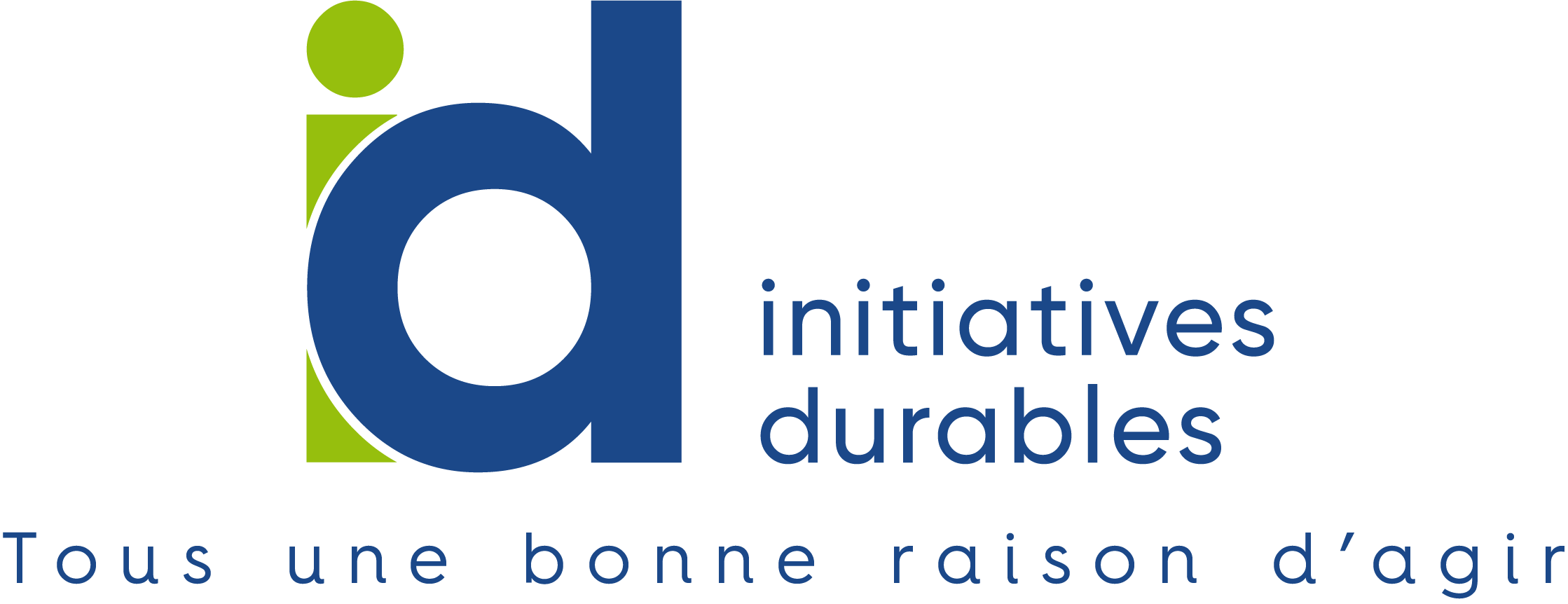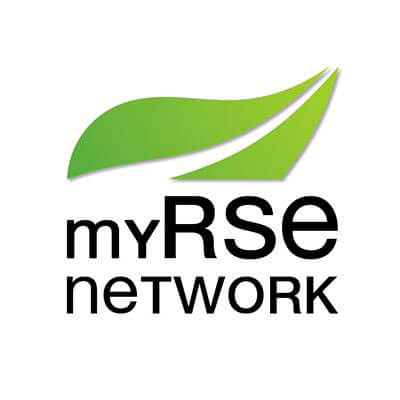Cocorette is an egg business established in 1983 in Sainte Catherine-les-Arras (département 62, France). In reaction to the industrialization of agriculture in the 1980s, the company's founders wanted to go back towards farm-practices of yesteryear and offer the consumer high-quality farm-produced eggs. Today, Cocorette distributes Label Rouge farm eggs and organic eggs. Animal welfare and CSR criteria are at the heart of the company's development.

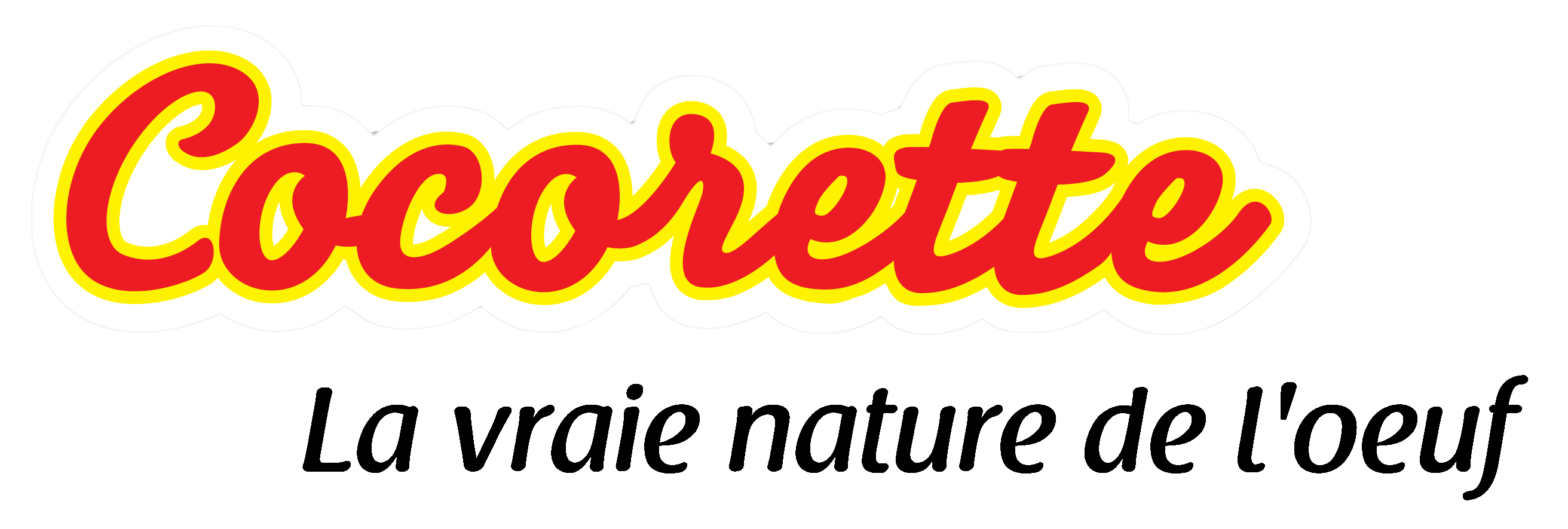

Context
Objectives
- Producing healthier eggs
- Limiting the business's environmental impact
- Reducing and recovering waste products
APPROACH
To further its goals of hen welfare and environmental protection, Cocorette has taken a number of steps:
- Treating sick hens with herbal medicine and homeopathy
- Developing hen feed production at the farm using grains grown on-site
- Using the hen droppings on the farm
- Limiting need for transportation: A maximum of 200 km from producer to consumer after going through the packaging center
- Renovating old farm buildings or encouraging sustainable wooden construction
- Using molded cellulose egg boxes and creating a box marking center using laser marking
Cocorette has also established an innovative partnership with Auchan, a company with similar values. In order to reduce the shopping center's waste, Cocorette installs chicken coops near the stores and the chickens make use of the unsold food items (one hen can eat up to 50kg of waste per year).
These chicken coops also make it possible to set up educational projects for children (raising awareness), as well as creating jobs as each chicken coop requires one person to take care of it. The first such chicken coop was created at Montauban in 2013, the next will be opened in 2014 in the Nord-Pas de Calais region of France.
CONTRIBUTION TO COMPANY PERFORMANCE
- Better company image
- Improved customer loyalty
- Cost reduction
- 100% reduction of recycling costs (no more marking inks)
- Several awards (CIWF Œuf d'Or 2010, Carrefour Trophée du développement durable in 2011, Trophées de l'Économie Responsable in 2012)
Benefits
- Out of all buildings: 50% are renovated farm buildings, 50% are new constructions, 10% of which are wooden
- Reintegration of young people in difficulty into the workforce
- Collaboration with sheltered work centers
- Limited impact on the environment
- Improved buildings with lower and lower energy requirements
- Workforce
- 53
- Turnover
- 57M€
- Country
- France
Contact
Emeraude Lamiet, This email address is being protected from spambots. You need JavaScript enabled to view it.
